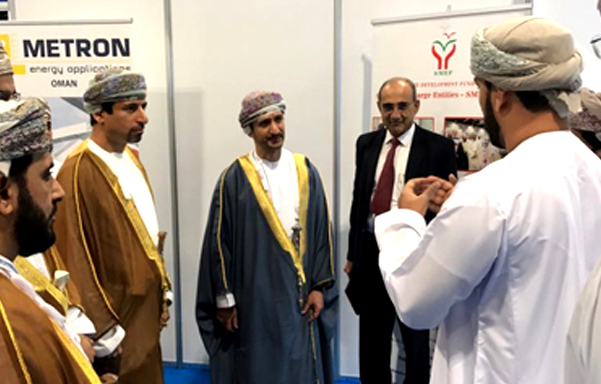

One of the major complaints of the SME sector has been that the environment is not conducive for the small business. Anecdotal examples are myriad and evident – some examples are the inability to quote for large tenders, challenges of staffing, high initial cost of setting up the company, difficulty in arranging bid bonds, performance guarantee, payment delay's, etc.
Much of the environment creation responsibility lies with Government and is outside the purview of the Fund. However, with the help of MOCI and other stakeholders, the Executive Management would seek to, inter-alia:
Creating a conducive environment through collaboration with stakeholders like Riyada and interventions with the ICV Committee, tender board, large companies, the Free Zones and the industrial Estates, to ensure that SMEs are at least given favorable consideration when they quote.
Endeavoring to contribute to the Government’s desire that large businesses support the development of SMEs, as part of their value chain, SMEF is working with OPAL to support the Oil & Gas sector’s “In Country Value (ICV)” initiative. SMEF is also working with large business group and with major contractors to facilitate the development of a vibrant SME supplier value chain.
In 2014 as well as prior to that, presentations were made to various ministers and their teams, to 32 large companies, Public Authority for SMEs and a number of major government agencies, to create opportunities for SME Development, to lobby for the creating of a uniform definition of SME and for highlighting the obstacles faced by SMEs. It is believed that thanks to the goodwill and support of all stakeholders, many developments favorable to SMEs have taken place. Many of these took place after the SME symposium at Bahla, whose four pillars were congruent with those of the SMEF as reflected below:

Copyright © 2017 SMEF . All rights reserved. Powered by ADventz